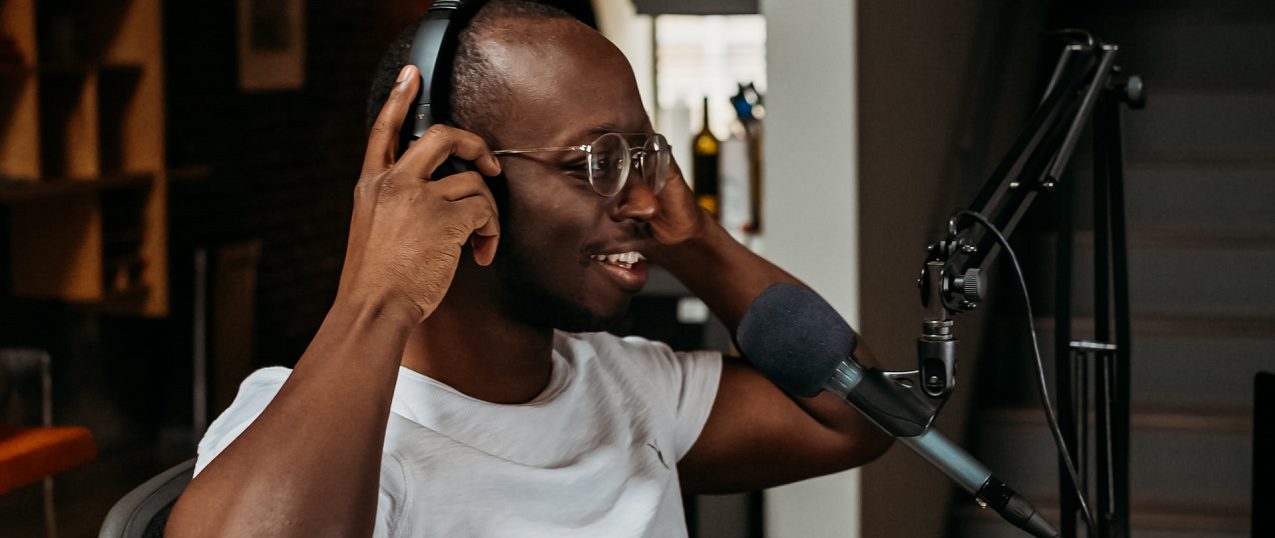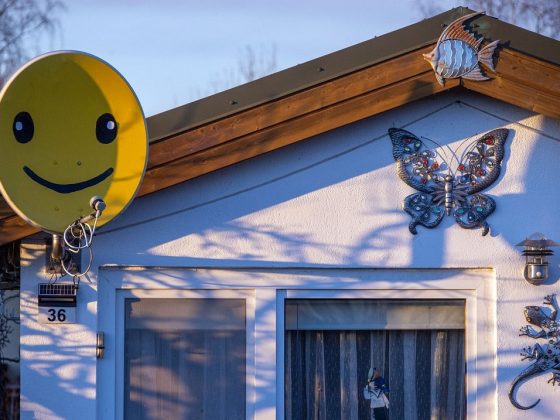You would think that people would have less and less patience to listen to other people talk, but the opposite is true.
In fact, the younger the listeners, the more likely they are to listen to online podcasts rather than to music. According to the music business blog Hypebot, the 2021 Spoken Word Audio Report from NPR and Edison Research has found that “Spoken Word’s share of audio listening has increased by 40% over the last seven years; 8% this year,” and “spoken word audio’s growth is driven by large increases in young and multicultural audiences,” while listening to music has fallen 10% over the same timeframe.
“I have often said that today’s young people are not superficial or apathetic, as some people refer to them. On the contrary, they are very perceptive, direct, and know exactly what they need. When we do not give them what they need, they turn their backs to us and we interpret it as apathy. It is not; they simply cannot bother with words that do not satiate their thirst.”
I have often said that today’s young people are not superficial or apathetic, as some people refer to them. On the contrary, they are very perceptive, direct, and know exactly what they need. When we do not give them what they need, they turn their backs to us and we interpret it as apathy. It is not; they simply cannot bother with words that do not satiate their thirst.
They need answers; they want precise information about the world they live in, and we are not providing it. We need to provide people, especially millennials and even younger, with understanding how to think and act in a globalized, interconnected and interdependent world.
They live it naturally; they have friends from around the world whom they have never met but only chat with over the internet. At the same time, the countries they live in may be hostile to each other or even at war with one another.
We, the older generation, still hold obsolete views of separation and borders, while they live in the virtual cloud, where there are no borders, and feel very comfortable there. Now they need information; they need to know how to conduct themselves in such a life because none of today’s educational systems provides them with any information about this.
“The world is changing rapidly, and the pace is only growing faster. If we want a smooth transition, we must prepare for it. The paradigm of distinct entities that struggle with each other over dominance is obsolete in a world where every entity depends on all the other entities to meet its most basic needs.”
The world is changing rapidly, and the pace is only growing faster. If we want a smooth transition, we must prepare for it. The paradigm of distinct entities that struggle with each other over dominance is obsolete in a world where every entity depends on all the other entities to meet its most basic needs.
Unless we transition quickly into a more cooperative way of thinking and functioning, reality will force us to do so the hard way—through wars, diseases, natural disasters, and countless other “lashes” that Mother Nature has up her sleeve to discipline her insubordinate children.
Not only the younger generation needs answers; we all do. The sooner we recognize that the world has changed, the sooner we will begin to study our world from this new, interdependent perspective, and we will be able to find the answers we need for ourselves and for our children.











